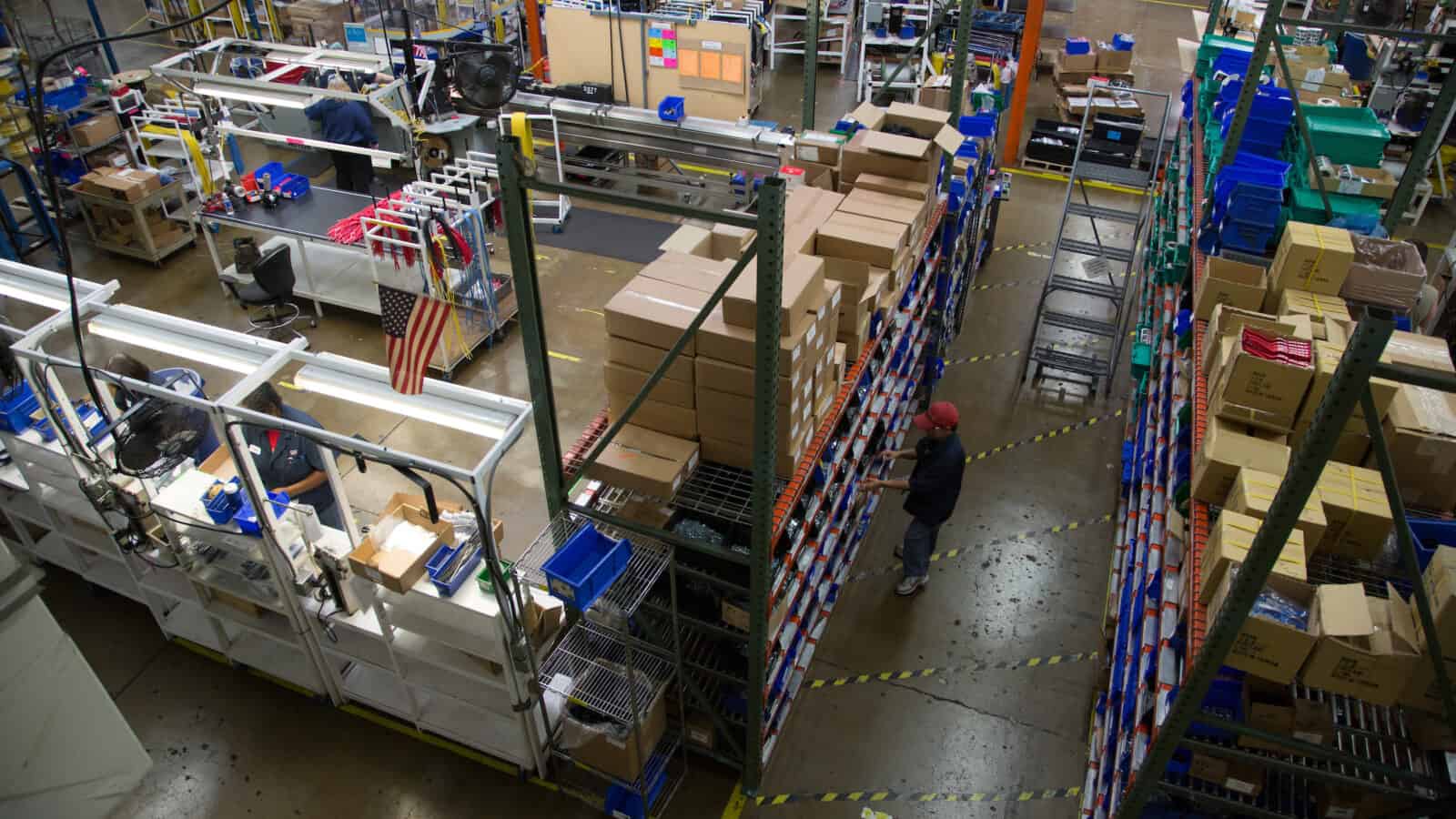Why Manufacturers Can’t Fill Their Job Openings

Manufacturers struggle to fill all available jobs, Manufacturing Institute President and Executive Director Carolyn Lee told NPR’s “Planet Money” this week. The program held an in-depth discussion with Lee and other experts about the industry’s workforce challenges and prospects for change.
The problem: “Last year, the Manufacturing Institute [the NAM’s workforce development and education affiliate] and Deloitte, a consultancy firm, surveyed more than 200 manufacturing companies. More than 65% of the firms said recruiting and retaining workers was their No. 1 business challenge,” NPR noted.
- “The Manufacturing Institute and Deloitte projected that the industry will need 3.8 million additional workers by 2033 and that as many as ‘1.9 million of these jobs could go unfilled if workforce challenges are not addressed.’”
Changing perceptions: Lee underlined the importance of changing Americans’ perceptions of the manufacturing industry and showing them that it is not dirty, boring and repetitive but modern and high tech.
- Manufacturing jobs are “clean and bright and full of technology,” Lee told NPR.
Skills shortage: Another problem facing the industry is a lack of people with specific, highly needed skills.
- “The hardest skills to find are the ones that maintain and fix equipment,” Lee says. “Every company we speak with is trying to hire technicians—every single one. The challenge is that there is no one walking around on the street with these skills, and it takes one to two years to teach those skills and another one to two years to contextualize those skills to the specific plant environment.”
The fix: Lee said that manufacturers have the most success in strengthening their workforces when they think local.
- “The very best models of workforce development that we see and that we engage in at the Manufacturing Institute are locally and regionally led public–private partnerships, where manufacturers come to the table—and with the support of the community college system and the local business community—they build the talent pipelines that they need,” she told the news outlet.
Finding FAME: The MI is also contributing directly to solving the skills shortage, including through the expansion of FAME, an earn-and-learn initiative originally founded by Toyota and now led by the MI that combines hands-on job training with classroom education.
- “[A]t the end of the 21 months [in the program], students come out with, in most cases, no college debt,” Lee said. They are also well set up for a lifetime of high-paying, in-demand work.
- A Brookings Institution and Opportunity America study cited by NPR found that “five years after completion, FAME graduates were earning nearly $98,000, compared to roughly $52,783 for non-FAME participants—a difference of more than $45,000 a year.”
Read the whole thing: You can find the whole NPR article here.
